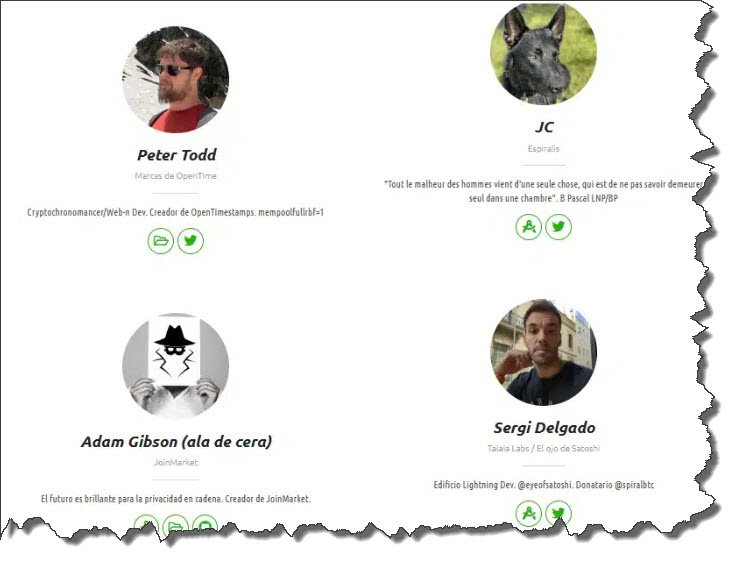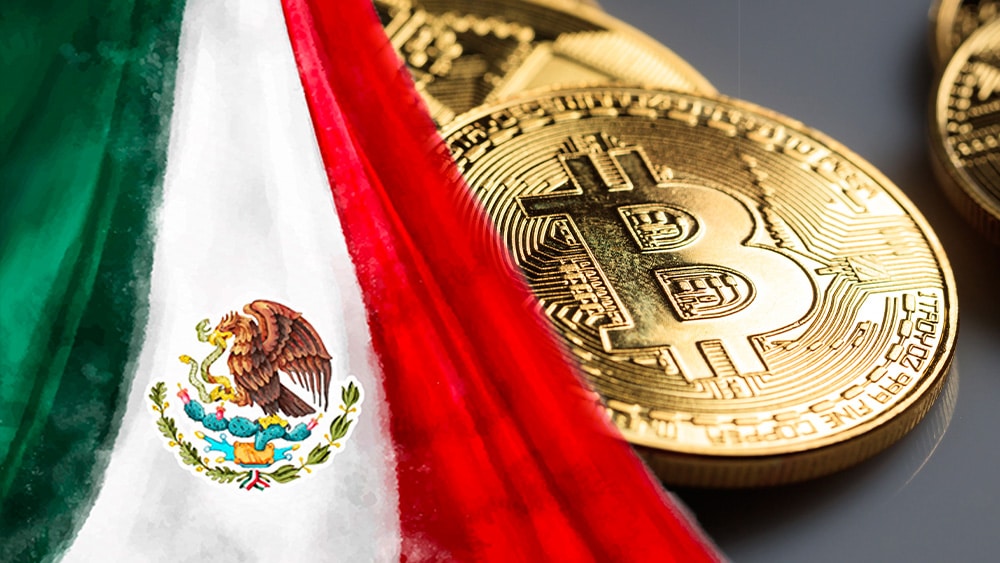The Human Rights Foundation is awarding a total of $325,000 to support bitcoin-related projects around the world.
Highlights:
- The initiatives are having an impact in Latin America, Africa, the Middle East, Europe and South Asia.
- The biggest contribution will be received by two Bitcoin Core developers.
B++, a Mexico City-based Bitcoin developer conference, is among 12 ecosystem projects to receive grants from the Human Rights Foundation.
The international organization’s Bitcoin Development Fund is allocating a total of $325,000 to 12 projects around the world with the idea of supporting the work of developers, educators, and open source initiatives across five continents.
In this sense, B++ for Mexico City receives 10,000 USD for its educational proposal focused on conferences and workshops with a particular focus on the integrity of the Bitcoin blockchain.
The conference was held from December 9 to 11 and brought together key players in the ecosystem, such as Venezuelan Francisco Calderón, known as a hacktivist and evangelist of the Lightning Network.
There was also Peter Todd, one of the main contributors to the Bitcoin codebase. As well as Spanish developer Sergi Delgado, who is working on setting up watchtowers or watchtowers for bitcoin payment channels in the Lightning Network.

Bitcoin Citadel Scholarships and Educational Proposals
The Bitcoin Conference for Mexico is the only initiative given by the Human Rights Foundation in Latin America, but proposals from Africa, the Middle East, Eastern Europe and South Asia make also part of the beneficiaries.
Most of the total amount awarded went to Bitcoin Core developers. For example, Gleb Naumenko received $50,000 for his work on Bitcoin scaling proposals.
Naumenko said that after the launch of CoinPool, he plans to use the grant to continue his research on “SIGHASH_APO and Eltoo, as this seems to be the next step in scaling as much as possible.”
An additional $50,000 will be awarded to Bitcoin Core developer Matías Furszyfer to address stability, security, and performance-related features.
On the other hand, the Bitcoin Mountain citadel in Cameroon in Africa will receive $25,000 to support the construction of its circular economy based on the first of the cryptocurrencies. In addition to its constant meetings, conferences and training aimed at the population.

Bitcoin4india’s education proposal, which aims to teach 1.3 billion people in the region about the first cryptocurrency, will receive $25,000.
While the We Are All Satoshi project will receive an additional $25,000 to further its goal of identifying young people of all religions who are interested in technology and help them work with Bitcoin.
More software development and journalistic initiatives
The Human Rights Foundation Bitcoin Development Fund also awarded developer Dusty $25,000 for his work on Lightning Splicing. This is a proposal to increase the size of bitcoin micropayment channels in this second layer network. This has a big impact on wallets, which can then show a balance in the UI.
A group of 40 journalists, called Raseef 22, working from different corners of the world on freedom, democracy and human rights, will receive $25,000.
Bitcoin Magazine Ukraine is also receiving $25,000 to support regular Bitcoin meetings in kyiv, which continue even in the midst of the war. At the same time, the Tor project will receive the same amount to ensure the stability of the privacy network and its browsers.
A digital democracy platform called New Belarus will receive $25,000 to prepare a new generation of democracy-savvy politicians and citizens. This initiative also includes building a bitcoin-based financial infrastructure.
An additional $15,000 will be awarded in the form of travel grants to support students, activists and developers attending the Africa Bitcoin conference, enabling men and women across Africa to attend and benefit from the adoption of bitcoin on this continent.
Over the past two years, the Human Rights Foundation has awarded nearly $2 million in bitcoin grants to support more than 60 industry projects. As reported by CriptoNoticias, the non-profit organization that fights against government censorship around the world, has awarded 4 bitcoins to 10 developers performing tasks in different parts of the ecosystem.

